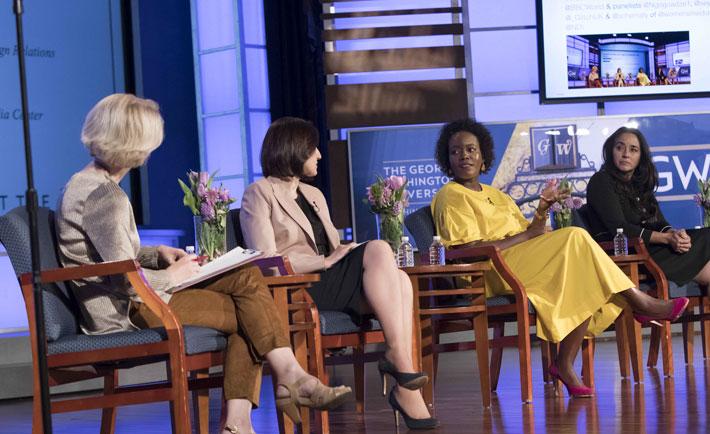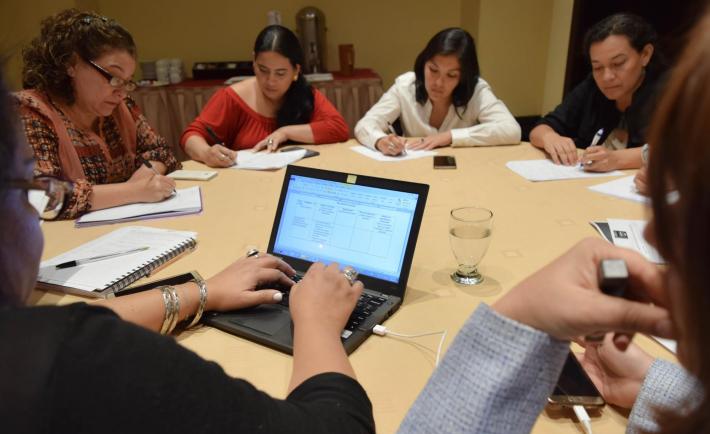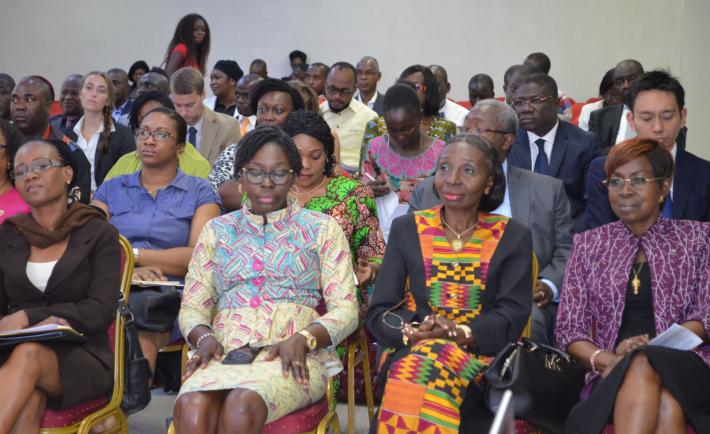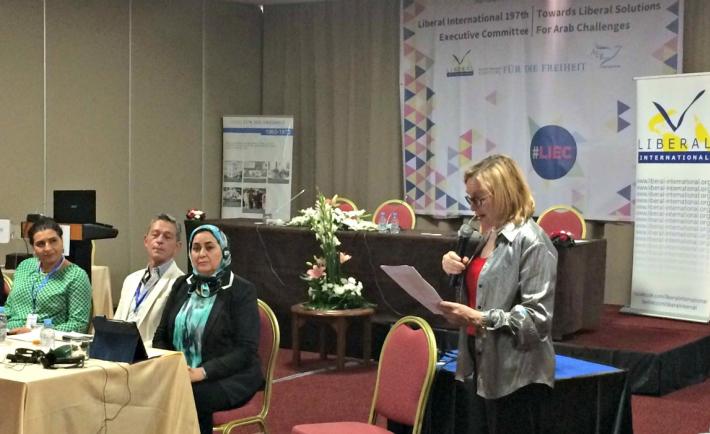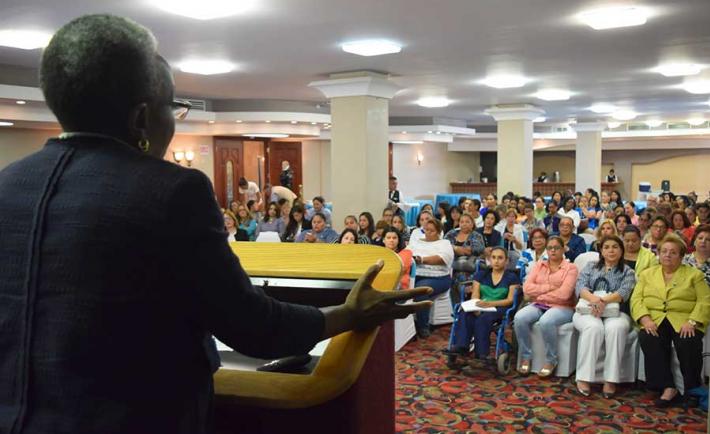Around the globe people are disaffected with politics and political parties continue to be the least popular political institution. NDI' s new political party framework "Reflect, Reform, Re-engage: A Blueprint for 21st Century Parties" indicates that inclusion is one of the top three things voters want political parties to pay more attention to. Political parties have traditionally been important spring boards for women's political participation, but they are not always safe spaces for the women within their ranks. NDI is working on an assessment tool that brings together our new guidance on political parties and our commitment to stopping violence against women in politics. Over the next few months through a series of blog posts about our four country pilots, we will introduce the issues and the methodology that will enable political parties to state that they are "No Party to Violence."

